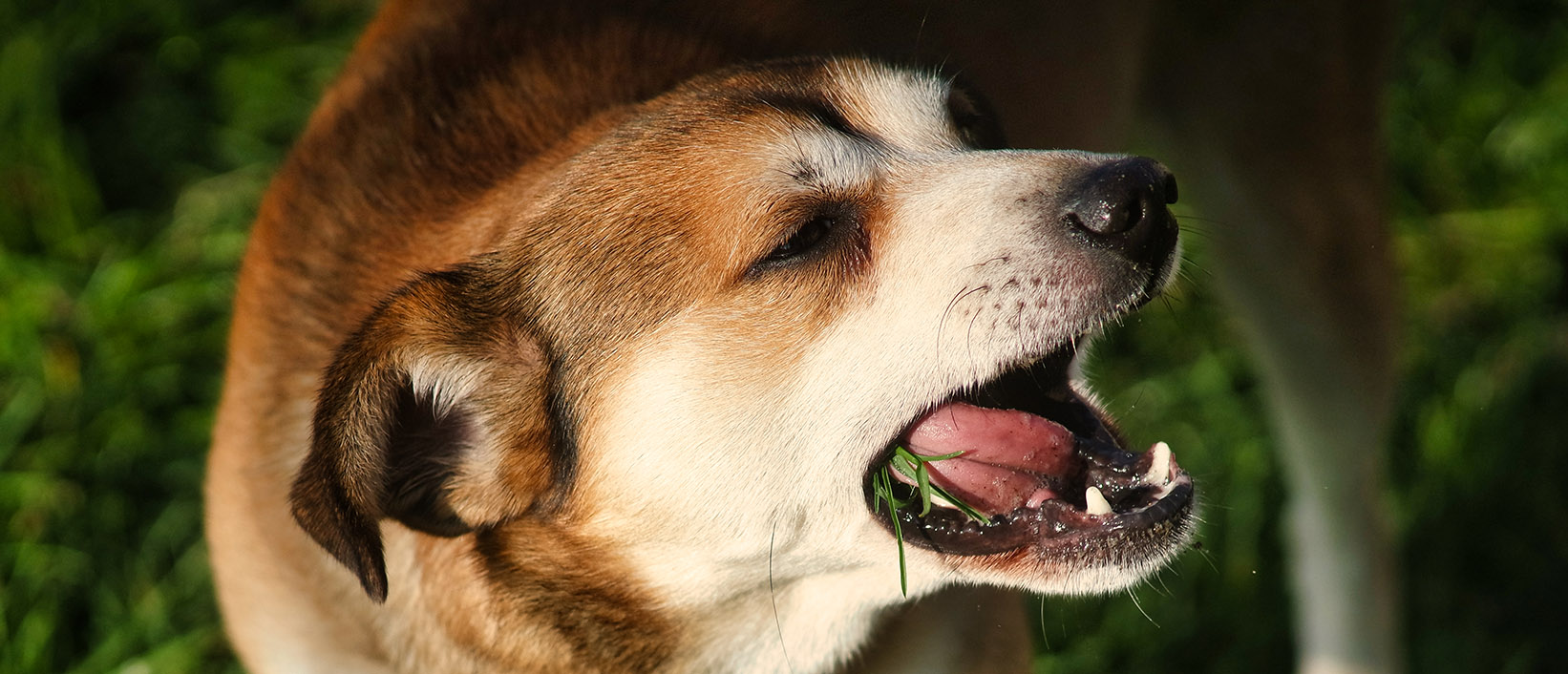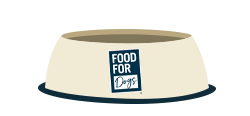
It’s a common behaviour among dogs: they head outside and immediately start munching on grass. This behaviour can be concerning to some pet owners, especially if their dog seems to be doing it frequently. So why do dogs eat grass? Here’s what you need to know.
Possible Reasons Why Dogs Eat Grass
Natural Instincts: Some experts believe that dogs have an innate drive to eat greens due to their ancestry. Dogs evolved from wolves who were known to consume the stomach contents of their prey which often contained grass and other plant material. Eating grass may therefore be an instinctive behaviour for dogs that has been passed down from their wild ancestors.
Nutritional Deficiencies: Some suggest that dogs may eat grass as a way to compensate for nutritional deficiencies in their diet. In particular, dogs may seek out greens if they are not getting enough fibre or other important nutrients in their food. It’s important to note, however, that modern dog foods are generally nutritionally balanced and should provide all the nutrients that your dog needs.
Boredom or Anxiety: Dogs may also eat grass as a way to alleviate boredom or anxiety. Dogs who don’t get enough exercise or mental stimulation may look for other ways to occupy themselves, and eating grass may provide a distraction. Similarly, dogs who are anxious or stressed may find comfort in eating grass.
Upset Stomach: Finally, it’s possible that dogs eat grass as a way to soothe an upset stomach. Some dogs may simply find that eating grass helps them to vomit, which can relieve discomfort from indigestion or other digestive issues.
Should You Be Concerned?
In most cases, there is no need to be concerned if your dog eats grass. As long as the grass is not treated with pesticides or other chemicals, it’s generally safe for dogs to consume in small amounts. Some dogs may even benefit from the fibre and other nutrients found in grass.
However, if your dog is eating large amounts of grass or seems to be doing it frequently, it may be worth consulting with your veterinarian to rule out any underlying health issues. Similarly, if your dog is eating grass that has been treated with chemicals or fertilizers, it’s important to intervene and discourage the behaviour to prevent potential harm.


